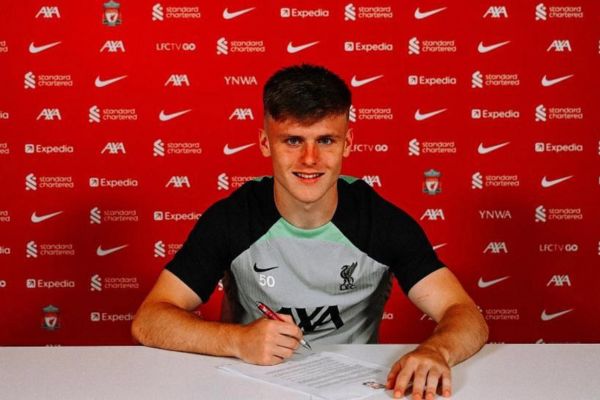Ole Gunnar Solskjaer Addresses The "Disease of Modern Football"
1 year agoKnown for his iconic moments as a player at Manchester United, Ole Gunnar Solskjaer later took on the daunting role of managing the club. However, his time as manager was not without its share of trials and tribulations. In this article, we delve into Solskjaer's candid reflections on what he describes as the "disease of modern football" that plagued his tenure at Manchester United.
The Whirlwind Start and Sudden Decline
Solskjaer's journey as the manager of Manchester United began with a bang. He was appointed as the caretaker successor to Jose Mourinho in late 2018 and made an instant impact. This successful start earned him a permanent three-year contract. During this period, the club seemed to be on an upward trajectory. They secured consecutive top-three Premier League finishes for the first time since the legendary Sir Alex Ferguson retired. Additionally, they reached five semi-finals in just two seasons, including the final of the Europa League.
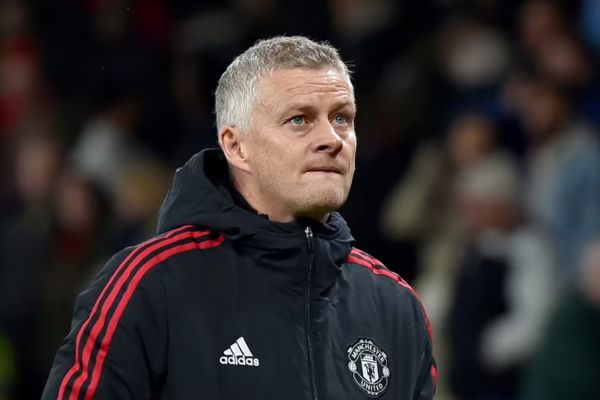
Unfortunately, the glory days didn't last. Just over three months into the 2021/22 season, things began to unravel rapidly. The turning point came with an embarrassing defeat to Watford, capping a streak of five defeats in seven Premier League games. Ultimately, it turned into United's worst Premier League season in the post-1992 era. They achieved their lowest points tally, recorded their fewest league wins since 1990, and conceded the most league goals since 1979.
You are reading Ole Gunnar Solskjaer Addresses The "Disease of Modern Football" on ULSFootball.
The "Disease of Modern Football"
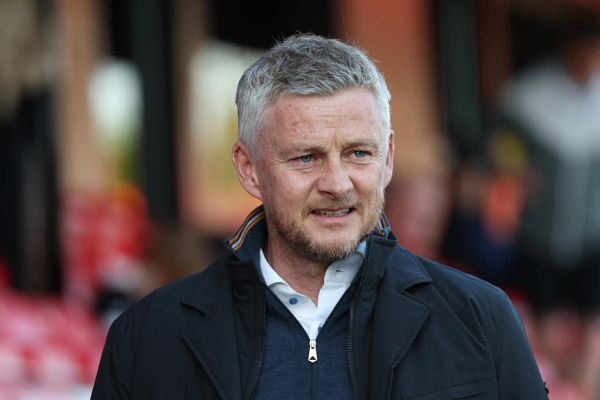
In a candid interview with The Athletic, Solskjaer shed light on the challenges he faced. He spoke of a collective loss within the team and how it deviated from the essence of Manchester United, a club known for its unity. Solskjaer noted that some players had selfish agendas, believing they deserved more playing time. This attitude was detrimental to the team's harmony.
Solskjaer stated, "When I didn't start games I wanted to prove to the manager he'd made the wrong decision. Now, a lot of players aren't like that. Agents and family members get into their heads and tell them they're better than they are because they have a vested interest. It's a disease of modern football."
Solskjaer didn't hold back, expressing his disappointment in certain players who had an inflated perception of their abilities. Without naming names, he shared his frustration when some players turned down the opportunity to be team captain. Moreover, he was disheartened when others refused to play or train, hoping to force their way out of the club.
In conclusion, Ole Gunnar Solskjaer's tenure as Manchester United manager was marked by highs and lows. The "disease of modern football" he refers to highlights the challenges faced by managers dealing with player egos and external influences. Despite the adversity, Solskjaer's candid reflections offer a glimpse into the complex world of football management, where balancing talent and teamwork is a constant struggle.
Ready for non-stop live stream football? Join ULSFootball and get your Premier League pass today!
Other news
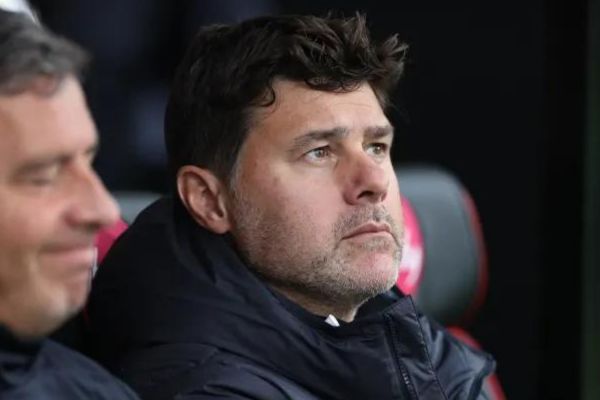
Chelsea's Injury Crisis: A Look at the Missing Players Under Mauricio Pochettino
1 year ago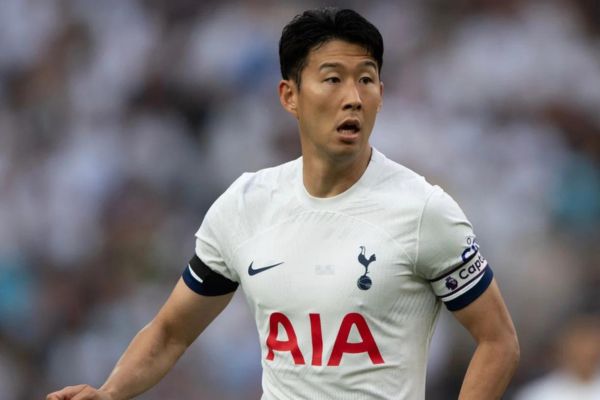
Tottenham's Plan for Son Heung-min: A New Contract on the Horizon
1 year ago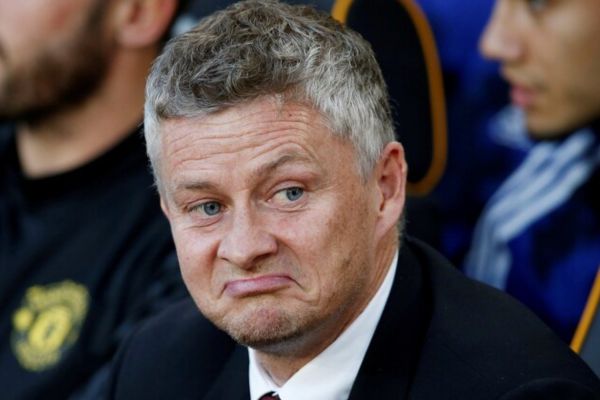
Ole Gunnar Solskjaer Addresses The "Disease of Modern Football"
1 year ago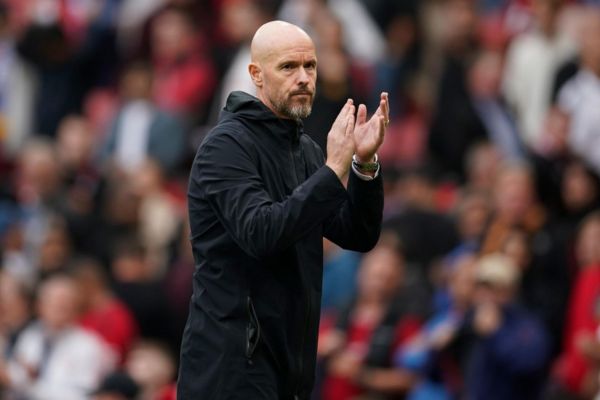
Premier League Crisis Club of the Week 2023/24: Manchester United
1 year ago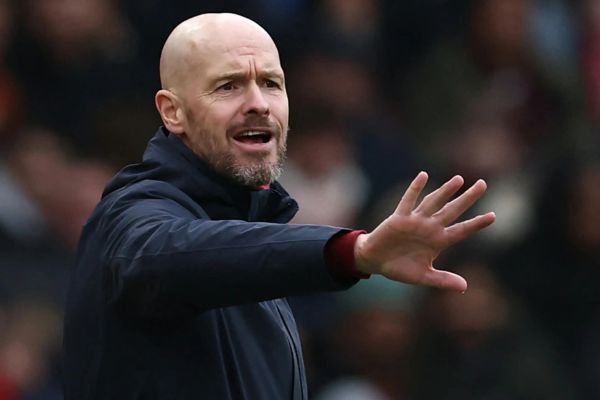
Erik ten Hag's Injury Woes Continue as Man Utd Announce Squad for Bayern Clash
1 year ago